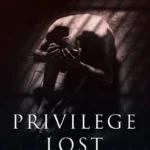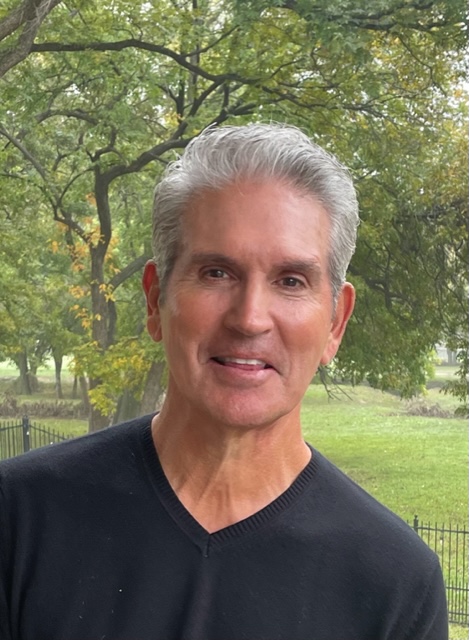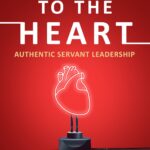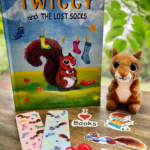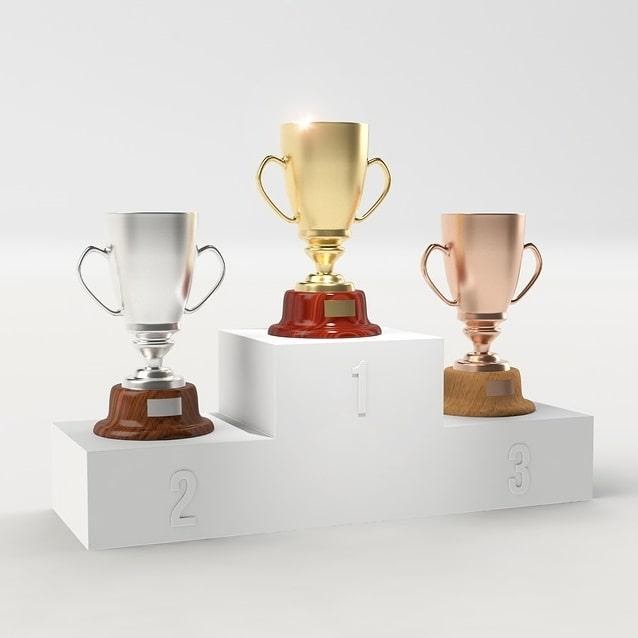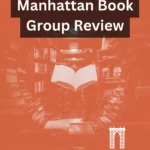First and foremost, I’m an artist and my answers to a lot of these questions are not going to be your typical sort of responses because I’m coming from a very different place of creation…and we artists are a bit of a weird bunch. Our work and inspiration and the way we make things is quite a bit different from how a writer works. While some of my art is intentionally created, I don’t consider The Enpirion Project to be in that category. It very much has a life of its own.
Hearts & Stars,
- Bossi
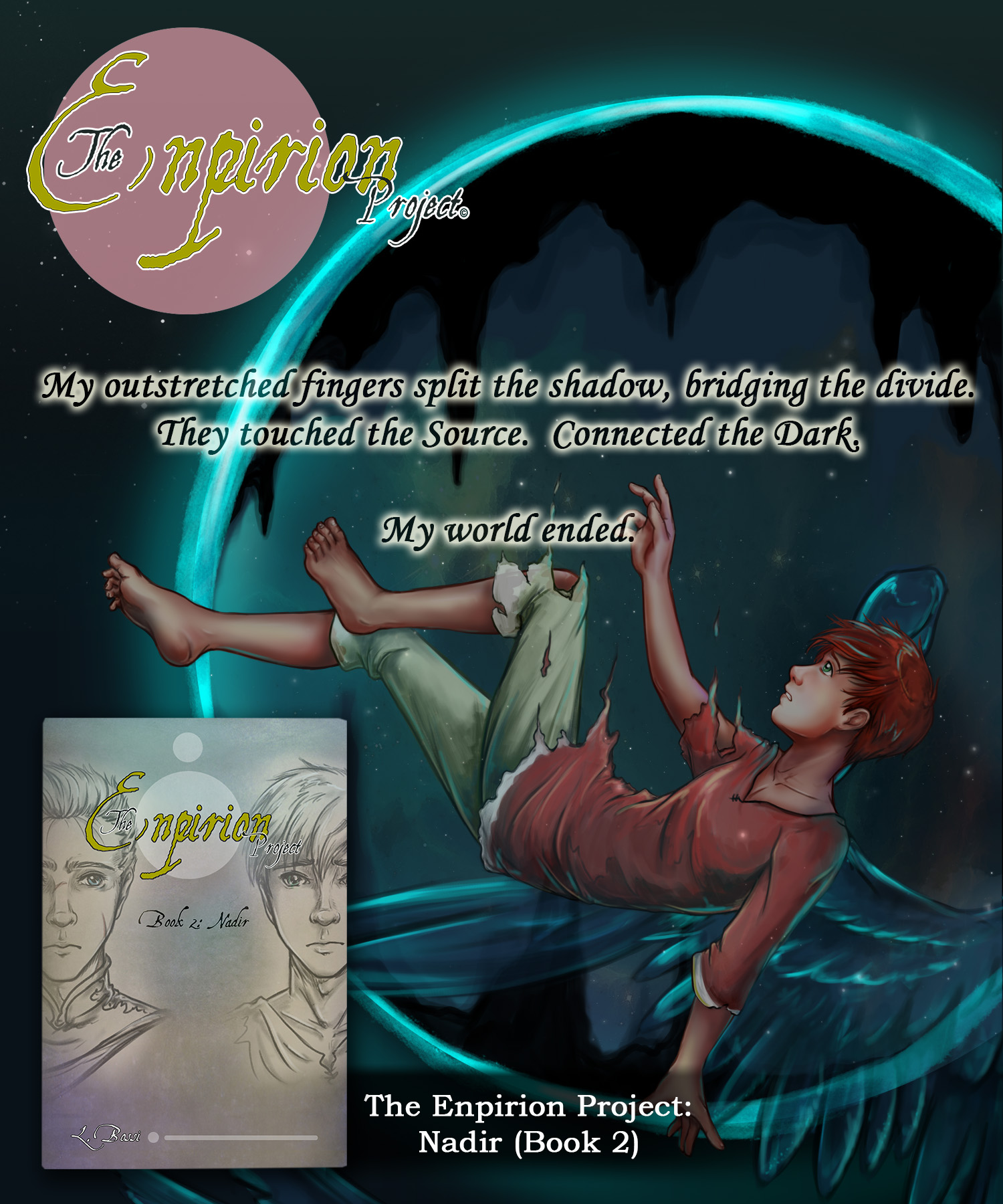
What drew you to the genre of fantasy and inspired you to become a fantasy author?
While I’ve always been super into fantasy, something I attribute a lot to my father reading me LOTR as bedtime stories starting at age 6, I actually never set out to write a fantasy novel…or any novel for that matter. It just sort of happened. I was attending DigiPen for my BFA when the whole thing started with a series of very intense and realistic dreams that got me into a Thing. The art came long before the writing and became a bit of an obsession that took over all of my non-school related art time. My sketchbooks, notebooks, random anything wound up with doodles, mostly of Piri. I met him first and there was actually a bit of a delay before I was brought into his inner circle. As I’ve told others, and I know people find it a little odd, I don’t take credit for creating the story or characters. They introduced themselves to me and are as real, in my mind, as anyone I know. I simply listened to the story that they told me and wrote it down, rather than actively creating or forcing something. It was just a happy coincidence that it happened to be a genre I’m comfortable living in.
Can you tell us about your fantasy book(s) and the world(s) you’ve created within them?
I am the absolute worst at talking about my books for some reason (my fans do it a lot better than me), but I’ll do my best! The books follow, and are narrated by, Enpirion (Piri), the main character. They really follow an arc of his life in dealing with his own personal issues and coming to terms, as best he can, with himself, those around him and the new life he’s been thrust into. In the midst of all this, you have him dealing with outside supernatural forces, as well as all the politics and upheaval that are taking place both within his own culture/society and the world at large. His race is unique in the world of Aetrelys in that they’re the oldest, and longest lived, of all the races and have an innate ability to utilize and harness their world’s energy.
What are some of the key themes or messages you explore in your fantasy novels?
The books, in dealing with Piri’s problems and mental health issues, touch on a lot of themes from depression and anxiety to interpersonal relationships and navigating daily life as an extreme introvert with trust issues. However, I wouldn’t necessarily say the books “explore” them, so much as they’re simply a part of who Piri is. They’re not there to be a statement or try to shed light on anything. They’re just a normal part of Piri and they’re presented in that light.
How do you approach the process of world-building in your fantasy stories, and what elements do you consider essential to creating a rich and immersive fictional world?
One thing I consider extremely important in trying to convey the world I’ve been trusted with, is providing detail, both about the world itself and the characters. To me, at least, this place and its people are real. They live their lives; they have personality quirks and hobbies. The cultures are unique. Each race has distinct architecture, clothing, etc. It’s important to show that, to describe it, to let the reader in, even if it’s just in hints or suggestions. That’s one great thing about having illustrations involved…you can actually show it. You can’t have a world that comes across as flat and uninteresting, even if, in your head, it’s vibrant and amazing. You need to get across the reality of the world you’re dealing with. The devil is in the details.
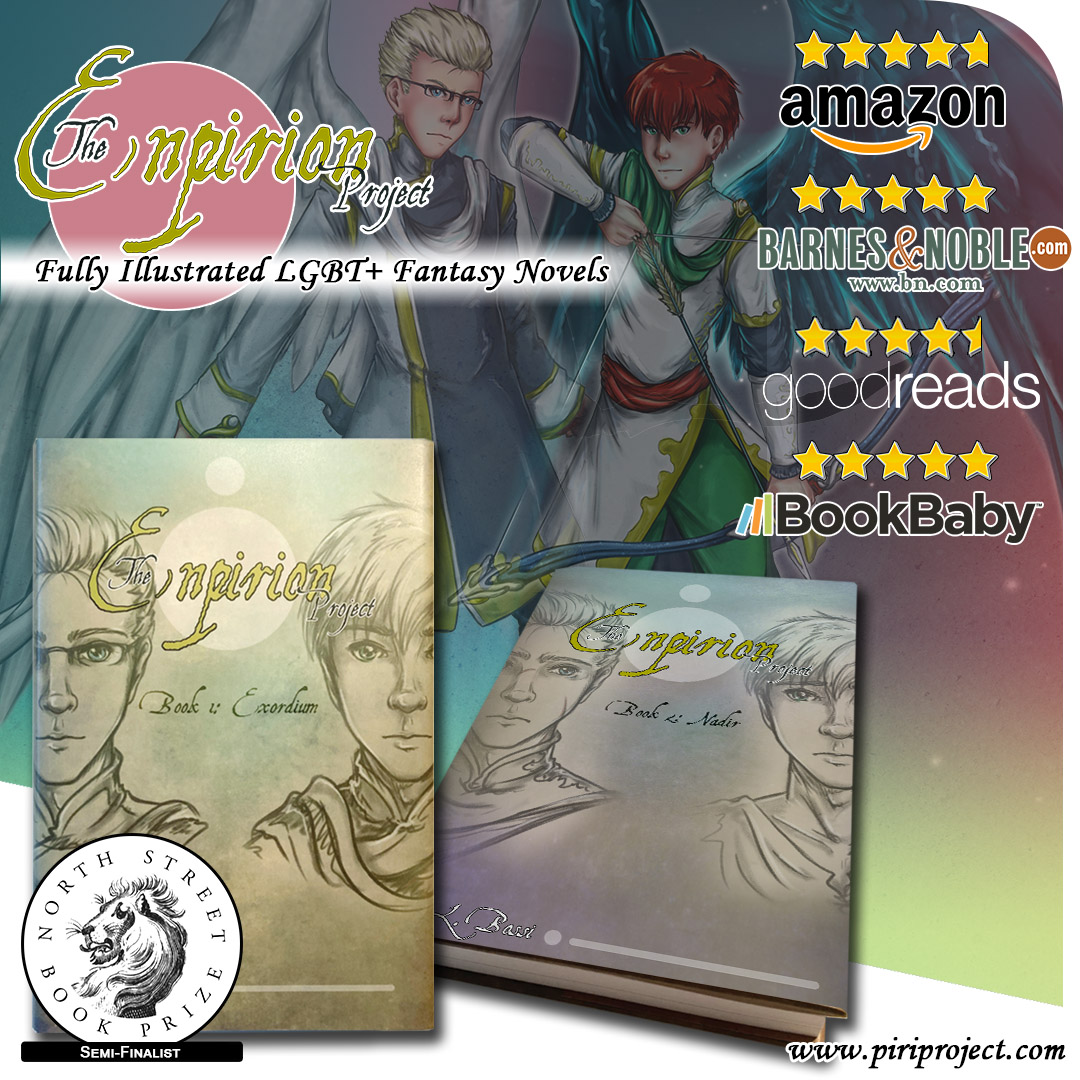
How do you balance the fantastical elements of your stories with relatable human experiences and emotions?
This wasn’t something I ever consciously thought about or implemented when I was writing down the story. The Project has always been about Piri, as a person, and how he handles life. He’s something you don’t often see in any story: an introvert with mental health issues and interpersonal relationship problems. The fantastical elements of the world around him and the supernatural situations he goes through are merely the story that surrounds him. But the human, or in his case Seri, experience and the emotion that goes with it, were always the main focus. The books are about a segment of his life and it’s that first-person interior look that, for me, is the actual draw. I never had to consider balancing them.
Can you share any challenges you’ve encountered while writing fantasy novels and how you’ve overcome them?
I wouldn’t say this relates to fantasy novels specifically or even the act of writing, but the biggest challenge for me, when it comes to the entire process, has been dealing with the publishing industry. I don’t have anything nice to say, so I’m going to steer away from it, but there was a good reason I chose to go the self-publishing route. It can be an incredibly frustrating and overwhelming venture, not to mention demoralizing, and you have to really stay strong. I’ve always been one to attack situations head on, thinking outside the box and never back down from a challenge…and getting these books published has been no different. I’m incredibly hardheaded (my family and friends probably have a different word for it, haha) and when I decide that I’m going to do something, telling me that I can’t only encourages me to find a way to do it! You can’t back down or let anyone get under your skin; you have to take what’s thrown at you and use it to make yourself stronger.
Are there any unique or memorable scenes from your books that you particularly enjoyed creating or that hold special significance for you?
This is really the worst answer ever because I can’t actually talk about it since the final book in the trilogy isn’t out, but there’s a scene at the end of the third book that, artistically, I’ve had an absolute field day with. It’s just been such a great part of the story for creating art for all sorts of reasons, from the action to the setting to, of all things, the clothing. I’ve got storyboards/animatics showcasing pieces of it, static illustrations, random stuff that’s more marketing material than book illustration work. Piri’s also got my favorite outfit of the trilogy at that point and I’ve had entirely too much fun drawing him in it.
What role do you believe fantasy literature plays in society, and how does your work contribute to the genre as a whole?
I think that fantasy plays an incredibly important role, for quite a few reasons. Fantasy allows us to immerse ourselves in different worlds and fantastic cultures. It can provide people with a much-needed escape. It lets us view our own problems and issues from an outside and unique perspective. It helps us develop creativity, especially when we’re introduced to it at a young age. It can also bring social issues and problems to light in a neutral otherworld that allows the issues to be discussed without the inflammatory, real-world setting that might put some people off. Fantasy allows for readers from all walks to put themselves into a different world and experience it on their own level, taking from it whatever they choose and allowing them to become part of something wonderful and new.
I would hope that my books, in whatever way, connect to readers, whether they identify with the story or characters or something else entirely.
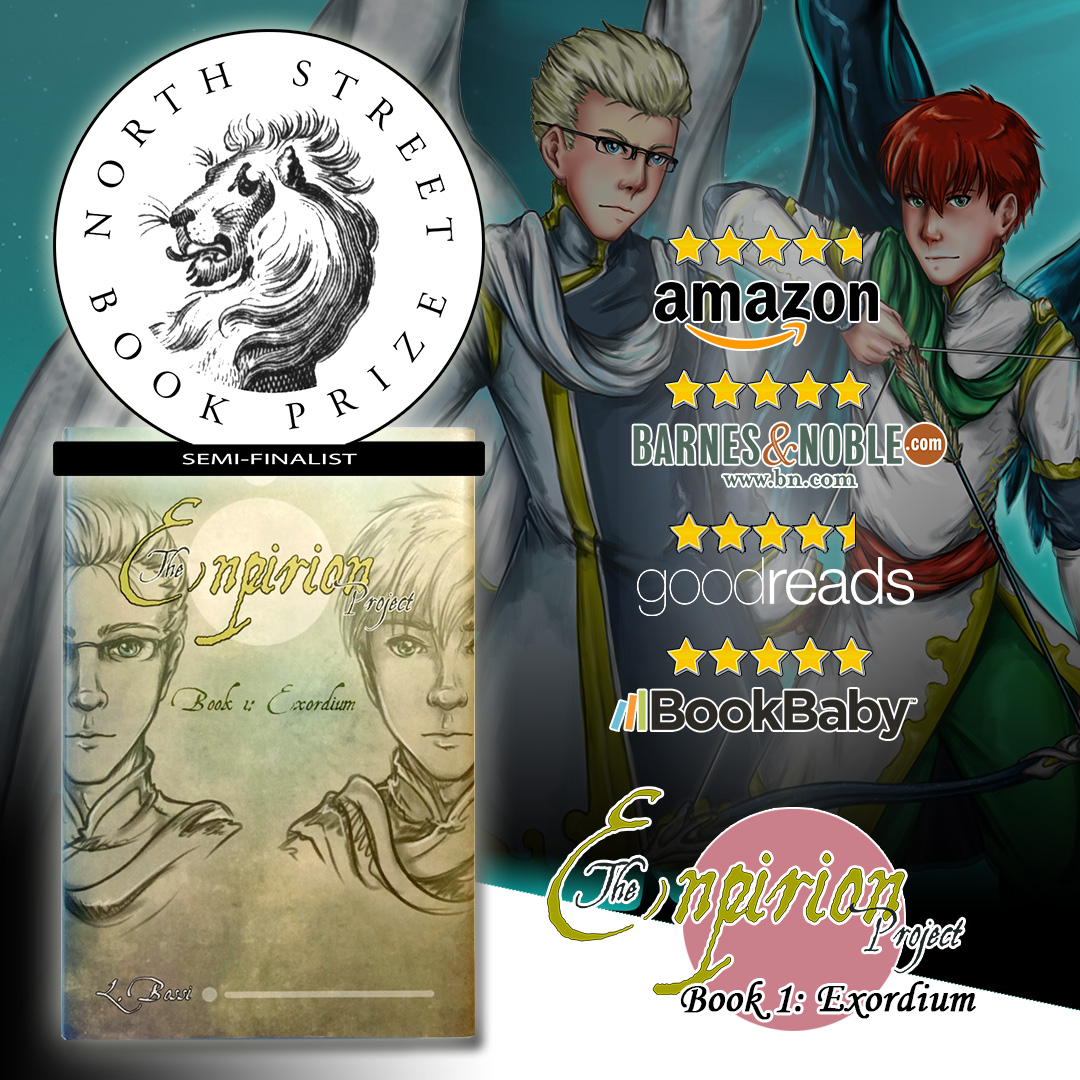
How do you engage readers and keep them invested in the fantastical worlds and stories you create?
My art. I will always come back to the art as being the biggest immersion factor in my books. What really sets my novels apart is the illustration work. Each book contains over 200 drawings. Anyone going into these books knows exactly what the characters look like. They get an idea of the world and its culture. They can see the world as I meant it to be seen. And it’s probably the first thing that anyone brings up to me after they’ve read the books: how much they loved the art and how cool it was to have illustration work in an adult novel. I’ve had quite a few readers who have thanked me for it because it’s difficult for them to visualize fantasy worlds and my art allowed them to sink into the story without struggling to picture it.
Do you have any plans for expanding or continuing your fantasy series or exploring different sub-genres within fantasy?
I’m currently working on illustrating the third book in the trilogy, which is fully written and just going through editing process right now. Due to living with a pretty serious health condition, my life is sort of a day-to-day thing; it really keeps me from planning for the future. I certainly have enough background and story content that I could do a 4th book or a collection of short stories or a possible prequel (I’ve thought a lot about a graphic novel prequel). I’ve also tossed around ideas for a possible artbook, but none of that is currently super high on my list as everything is focused on getting the third book done. That isn’t to say that, once I have book 3 illustrated, I won’t get all super gung-ho about bringing more of Piri’s story to light, it just means that, right now, it’s not something I can focus on.
All that being said, my big dream would be to see this turned into an animated series (I’m looking at you Studio Mir!).
Are there any specific messages or lessons that you hope readers will take away from your fantasy novels?
There are a few things that I would hope readers take away from my books.
The first relates to the physical books themselves. They’re something unique in both their setup and illustration work. The creation of these books has been a labor of love. And it shows that, in an industry that values tradition and pigeonholing work into specific categories, you can break that box and do something different. There is always room to be yourself and bring something interesting to the world.
The second thing I hope readers take away relates to the relationship of the main characters. While the LGBT+ aspect of the books hasn’t been something that’s been a part of this interview, it’s something that is very much a part of the book. You don’t have The Enpirion Project without Piri and Neph’s relationship. And I hope that my readers see the relationship for the absolute normalcy that it is. And for those who don’t understand the LGBT+ community, maybe it will give them some pause and, if nothing else, give them something to think about.
What has been the most rewarding aspect of being a fantasy author for you?
Like I’ve mentioned before, I can’t really attest to being a “fantasy author” since I consider myself an artist first, so I can really only answer this question from the perspective of being an artist and the reward that holds for me. Because this entire thing is a project that includes the books, the artwork and (behind the scenes) a collection of paintings, drawings, animatics, storyboards, animations, concept work, etc etc, the reward for me is in the project itself and bringing each piece to completion as a real product that I can share. There’s nothing quite so rewarding, artistically, as working on something for hours, days, months and years, rather obsessively, and having major parts of it suddenly become a real, tangible item. And it wouldn’t matter if one person read the books or a million…the reward, for me, is just in having done it.
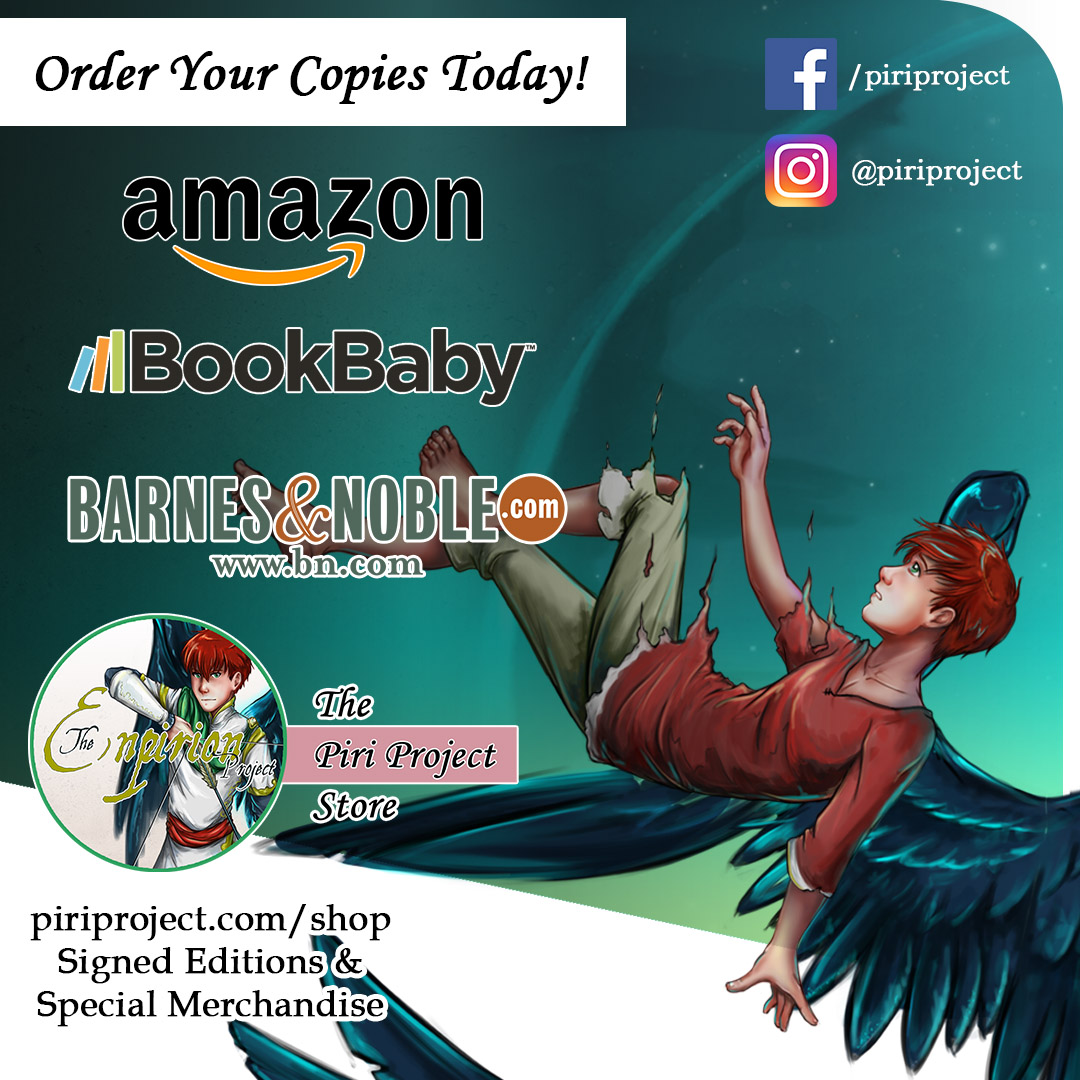
Are there any particular authors or books within the fantasy genre that have influenced your writing style or storytelling approach?
I could provide an entire list of amazing fantasy authors that I adore and gladly throw my money at when they release new books, but I wouldn’t say any particular author has influenced me. My writing style (I’m told I actually have one) is really just how I talk to myself inside my own head. I’m not trying to place myself on a pedestal and declare that I’m super unique, but I’m also not going to lie and give some crazy story. I’ve always done my own thing, whether it be in my art or writing or anything else and, while I’m absolutely sure there are probably subconscious cues I’ve taken from things that I love, I’ve never intentionally been like “Oh, I like that, I’m going to try to imitate/incorporate it.”
What advice would you give to aspiring fantasy authors who are looking to develop their own unique voice and make their mark in the genre?
I would say to any creative in any field, just be yourself and be true to your own voice. There’s a lot of pressure to adhere to certain “norms” or fit into certain molds to make your work more mainstream. I’ve never held to any of that. Do what you love, how you love doing it.
Amazon Exordium: https://a.co/d/cVHhYcf – First publication date Aug 2021
Amazon Nadir: https://a.co/d/0Usp3Jh – First publication date April 2023
Official website: www.piriproject.com
Goodreads Exordium: https://www.goodreads.com/book/show/58374103-exordium
Goodreads Nadir: https://www.goodreads.com/book/show/123009913-nadir
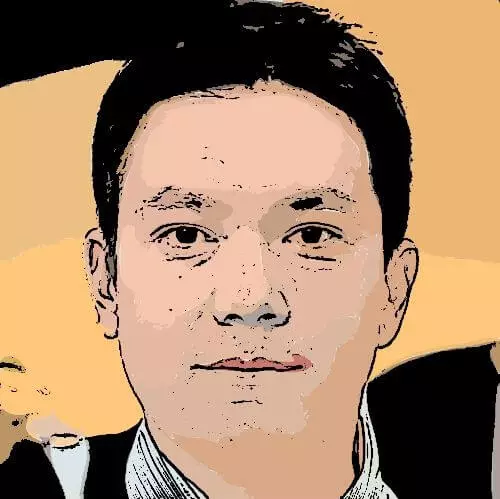
A business blog writer at the age of 19, Francis is a jack-of-all trades when it comes to writing. He specializes in content creation for businesses and blogs. With years of experience under his belt, he’s able to provide both written and video content that will engage readers and viewers alike!


